Market Share
ALCOHOLIC DRINKS PACKAGING MARKET Share Analysis
The alcoholic drinks packaging market is one of the most dynamic when it comes to positioning strategies which have a direct impact on business performance in this sector. Such strategies involve conscious efforts to gain a strong foothold in the market as well as capture a big customer base. Differentiation is another way that can be used through concentrating on unique and innovative packaging solutions, which individualizes their products from other competitors. Worth noting also is the fact that such differentiation may encompass special bottle designs or eco-friendly materials or even packaging that adds value to consumer’s experience.
Pricing strategies are an important determinant for market share positioning too. Some companies opt for cost leadership by offering their products at competitive prices so as to reach many consumers whereas others focus on premium pricing stressing exclusivity and quality of their packing targeting more specific group of buyers. Thus, much significance lies in what markets companies are targeting and how much share they think they can capture against perceived value while effecting price policies.
Brand image and advertising play an integral part in market share positioning within the Alcoholic Drinks Packaging Market. Building brand reputation attracts customers and creates loyalty towards them.Additionally, effective marketing campaigns highlighting features like convenience, durability or sustainability of packing can further contribute towards increasing market shares.Promotion activities, sponsoring events, partnering with others often helps increase firms visibility level among consumers thereby creating goodwill around them.
Technological advancement also largely determines how organizations position themselves within the market where it comes to market share positioning strategies.Incorporating smart labels interactive packaging sustainable materials as technology-driven trends into cutting-edge technologies into packaging solutions may give advantage over other players.Given increased consumer consciousness, environmental concerns need to be taken into account hence there has been rise in demand for environmentally friendly packages.Such companies reflect societal values besides putting across responsibility as well as futuristic orientation since they make packages that are green oriented.


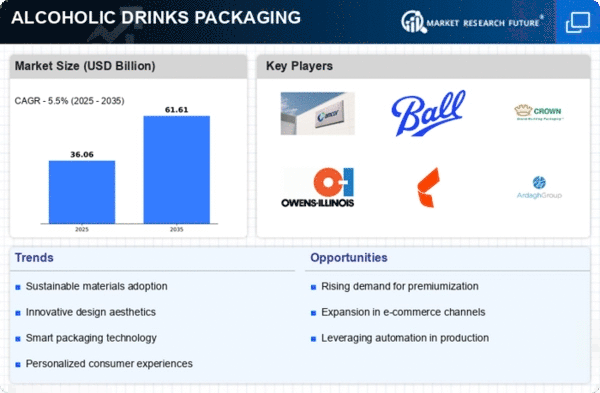
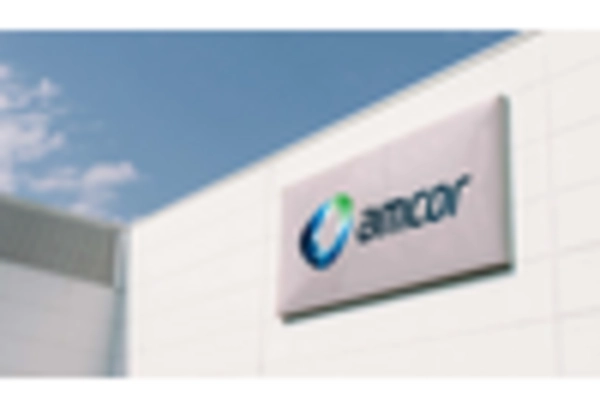
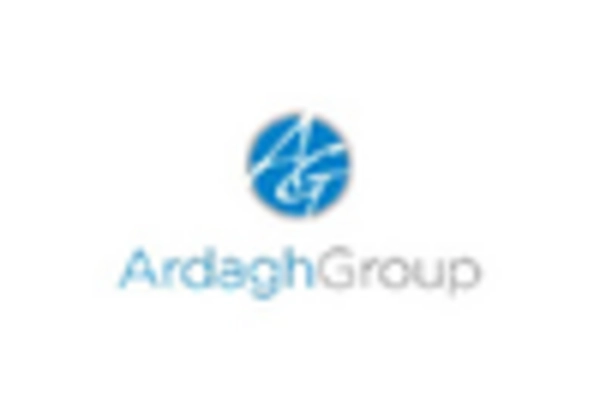
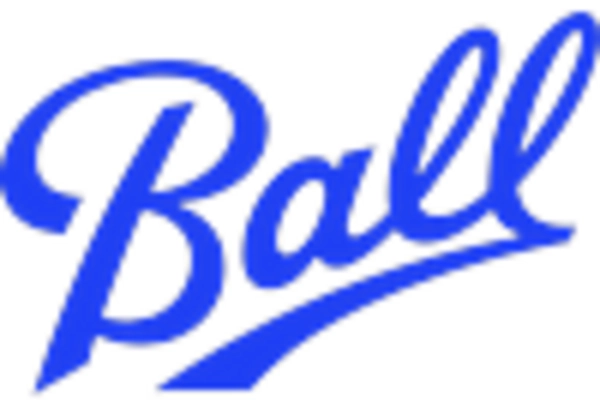
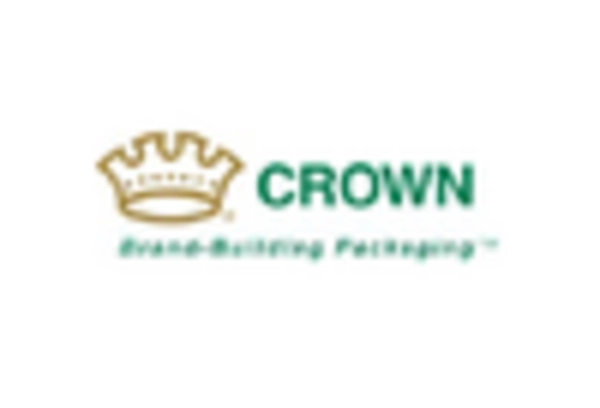
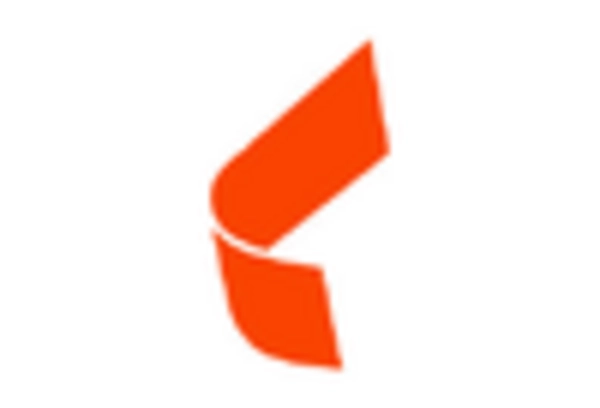
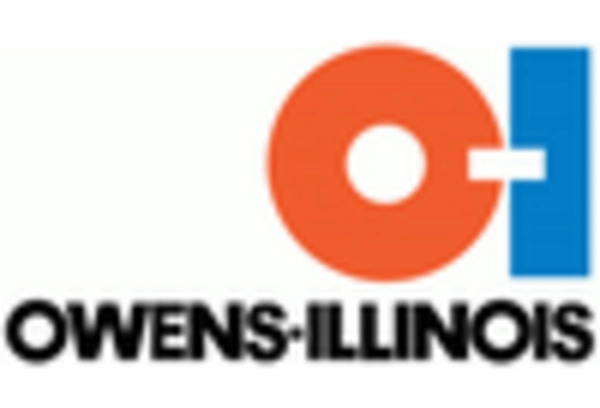









Leave a Comment